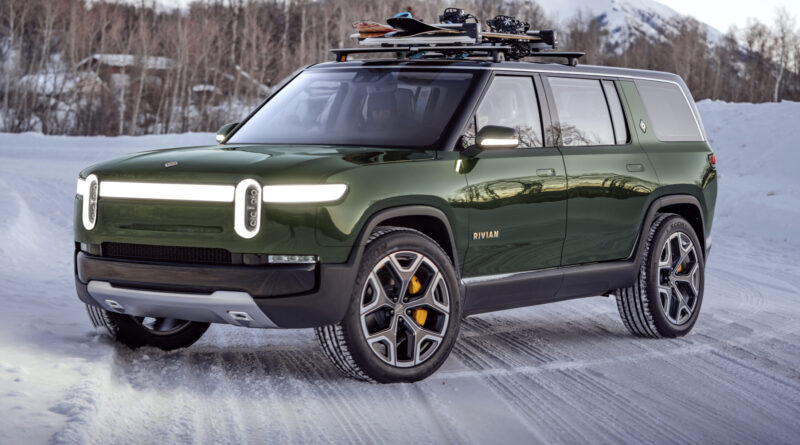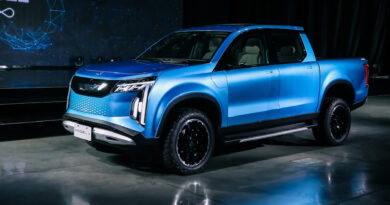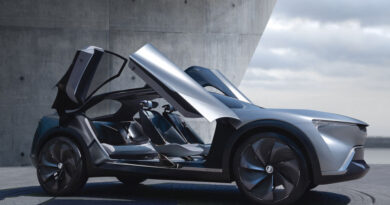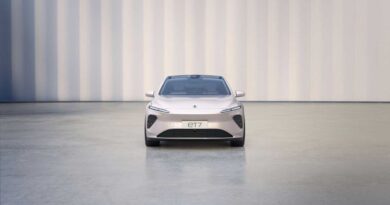Huge expansion for Rivian in US with plans for second factory
American EV maker Rivian, which is now valued at US$27.6 billion ($37.5 billion) and backed by the giant Amazon conglomerate, is planning to build a second assembly plant in the US, as it attempts to battle Tesla for global domination of the electric-vehicle market.
The planned plant, which would include not only vehicle manufacturing but battery-cell production, is dubbed “Project Tera”, and multiple US states are begging to be allowed to host it.
“While it’s early in an evolving process, Rivian is exploring locations for a second US manufacturing facility,” Rivian spokeswoman Amy Mast said.
READ MORE: Rivian registers more model names in Australia
READ MORE: Rivian coming to Australia one way or another
FULL DETAILS: Rivian R1T EV ute
EXCLUSIVE REPORT: Every electric ute and pickup being developed or coming soon
That location will be announced shortly and construction will begin early in 2022, according to sources quoted by Reuters. Rivian’s one plant so far is in Normal, Illinois.
A new vehicle assembly plant could cost as much as US$1 billion, while a battery factory would cost even more, at least US$2 billion, so it’s no wonder there’s competition for the contract.
“We look forward to working with a supportive, technology-forward community in order to create a partnership as strong as the one we have with Normal,” Mast said.
As well as pouring its R1T pickup – the perfect model for the American market – and the R1S SUV, Rivian is also building an electric delivery van for Amazon, which has ordered 100,000 of them.
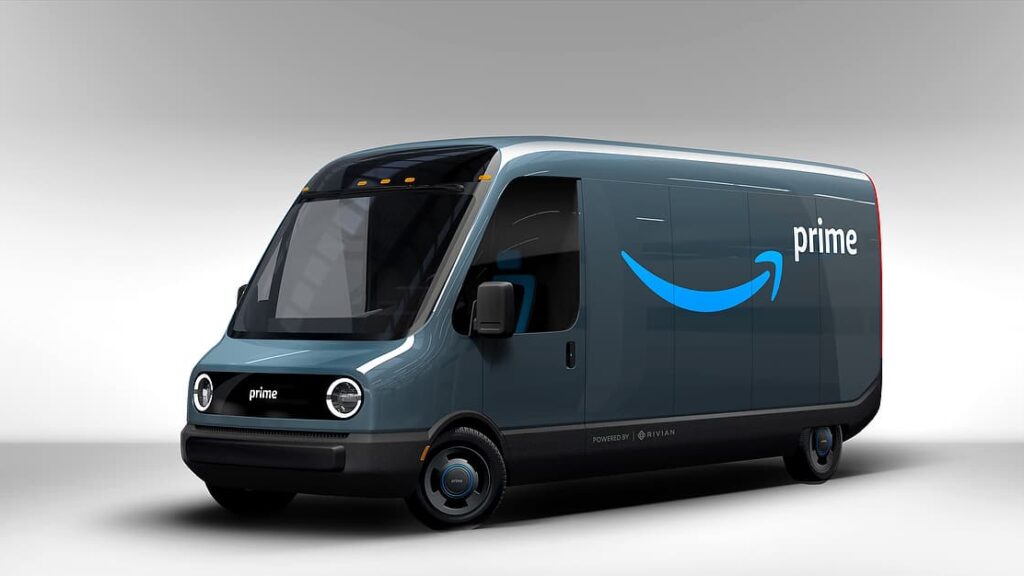
Those larger vehicles will be followed by smaller Rivian models, aimed at Europe and the giant Chinese market.
Plans are afoot for the company to publicly list later this year, and a valuation of more than $US50 billion is on the cards.
The new Rivian factory would require an estimated 2000-acre site, and the factory would seek to achieve net-zero carbon emissions as soon as possible.

